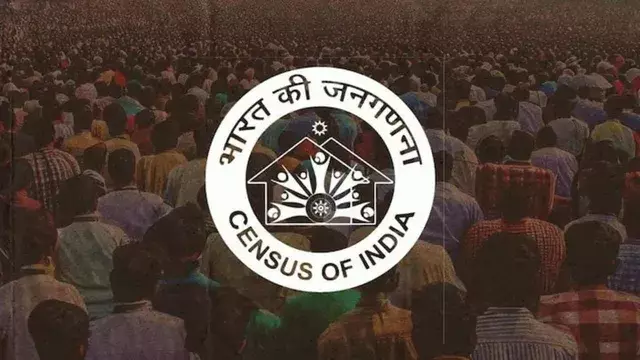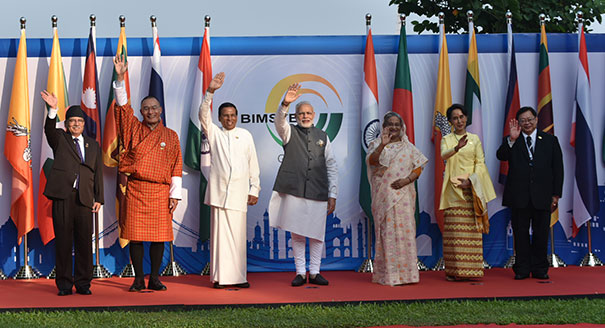- Courses
- GS Full Course 1 Year
- GS Full Course 2 Year
- GS Full Course 3 Year
- GS Full Course Till Selection
- Answer Alpha: Mains 2025 Mentorship
- MEP (Mains Enrichment Programme) Data, Facts
- Essay Target – 150+ Marks
- Online Program
- GS Recorded Course
- Polity
- Geography
- Economy
- Ancient, Medieval and Art & Culture AMAC
- Modern India, Post Independence & World History
- Environment
- Governance
- Science & Technology
- International Relations and Internal Security
- Disaster Management
- Ethics
- NCERT Current Affairs
- Indian Society and Social Issue
- NCERT- Science and Technology
- NCERT - Geography
- NCERT - Ancient History
- NCERT- World History
- NCERT Modern History
- CSAT
- 5 LAYERED ARJUNA Mentorship
- Public Administration Optional
- ABOUT US
- OUR TOPPERS
- TEST SERIES
- FREE STUDY MATERIAL
- VIDEOS
- CONTACT US
Japan Flags Issue of Steel Consignments Blocked at Indian Ports
Japan Flags Issue of Steel Consignments Blocked at Indian Ports
- The Embassy of Japan in India has raised concerns about Japanese steel shipments being held up at Indian ports because they lack No Objection Certificates (NOCs).
- These certificates, required for customs clearance, have not been issued since September 2024, causing delays and financial losses due to detention charges.
- Japanese companies are facing "high detention charges" as their shipments stay stuck at ports, causing disruptions to their business operation.
Key Points:
-
Concerns Raised by Japan's Embassy:
- Letter from the Embassy: On October 24, 2024, Takashi Ariyoshi, the Chargé d’Affaires ad interim at the Japanese Embassy, wrote to India’s Ministry of Steel and Ministry of Commerce and Industry about the delay in issuing NOCs for Japanese steel shipments.
- Reason for Delay: Normally, NOCs are given after Quality Control (QC) Committee meetings, which are held twice a month.
- However, since September 2024, these meetings have been suspended, causing a backlog in issuing the necessary documents.
- Impact on Japanese Companies: Ariyoshi highlighted that Japanese exporters are paying high detention charges because their steel shipments are stuck at Indian ports.
- If the situation doesn’t change, steel imports from Japan to India could be severely impacted.
- Impact on Indian Importers: The delays have disrupted trade, affecting not only Japanese exporters but also Indian importers and industries that rely on imported steel.
- Steel Containers Stuck at Ports: Indian traders have reported that steel containers have been stuck at ports for nearly two months due to the delay in issuing NOCs.
- MSME Concerns: While large Indian steel companies are pushing for restrictions on imports, small businesses (MSMEs) are struggling with the high prices of domestic steel and are against the import restrictions.
- Some MSMEs claim that domestic manufacturers are forming cartels to keep prices high, making it difficult for small businesses to compete.
- Traders' Request for Help:
- Indian importers have reached out to the Department for Promotion of Industry and Internal Trade (DPIIT) and the Ministry of Steel but have not received any relief.
- Pressure to Buy Domestic Steel: Traders claim that customs authorities are pressuring them to buy from Indian manufacturers, even when they need products that are not available in India or are too expensive domestically.
- Shipping Costs: Traders also point out the detention costs they are facing as their steel shipments remain stuck, which is becoming a major financial burden.
- Government Response:
- Ministry of Commerce's Statement: The Ministry of Commerce has said that the issue is the responsibility of the Ministry of Steel.
- Steel Import Monitoring System (SIMS): India’s Steel Import Monitoring System (SIMS) requires detailed declarations before steel products arrive in the country.
- The Quality Control Orders (QCOs) also require some steel products to be registered with the Bureau of Indian Standards (BIS).
- Excessive BIS Requirements: Experts believe that customs authorities are demanding BIS NOCs for products that are not covered by the QCOs, which is causing delays and additional costs.
|
In Simple terms: What is a No Objection Certificate (NOC)?
Objective of NOC for Steel
Types of Requests for NOCThe Ministry of Steel has established a Technical Committee to inspect and analyze applications for NOCs. The NOC is granted per grade and per consignment.
|
About Ministry of Steel :The Ministry of Steel is an executive branch agency of the Government of India that is responsible for the planning and development of the country's iron and steel industry. The ministry's responsibilities include:
What is SIMS Portal?
Who can register on the SIMS Portal? Who is required to fill out the application?
What is the Quality Control Order (QCO)?
|
- Technical Issues:
- The SIMS registration system in the Steel Ministry has faced technical problems, which are causing further delays in customs clearance.
- While the government’s policies are meant to protect domestic steel manufacturers, they are creating delays and additional costs for industries that depend on imported steel, especially small businesses.
India's Steel Trade Data:
-
Steel Imports and Exports Data (FY24):
- Core Steel Exports (HS 72): India exported $11.9 billion worth of core steel in FY24, slightly down from $12.1 billion in FY21.
- Core Steel Imports (HS 72): India’s imports of core steel rose sharply to $18.6 billion in FY24, up from $8.3 billion in FY21.
- Steel Products Exports (HS 73): India’s exports of steel products (such as finished steel goods) reached $9.9 billion in FY24.
- Steel Products Imports (HS 73): India’s imports of steel products were $5.1 billion in FY24.
-
Trade Deficit and Surplus:
- Core Steel Trade Deficit: India has a $6.7 billion trade deficit in core steel (core steel imports of $18.6 billion vs. exports of $11.9 billion).
- Steel Products Trade Surplus: In contrast, India has a trade surplus in steel products, with exports of $9.9 billion surpassing imports of $5.1 billion.
-
Surge in Core Steel Imports:
- Specialized Steel: The rise in core steel imports is mainly driven by the demand for flat-rolled and specialty steels (which account for 43.4% of core steel imports), used in industries like defence, aerospace, and automobile manufacturing.
- Other Key Steel Imports:
- Steel Scrap: 34% of core steel imports.
- Steel Ingots: 7.3% of core steel imports.
- Stainless Steel Ingots: 7.6% of core steel imports.
- Ferroalloys: 5.7% of core steel imports.
-
Decline in Core Steel Exports:
- Core Steel Exports Drop: Despite a rise in imports, core steel exports have dropped slightly from $12.1 billion in FY21 to $11.9 billion in FY24.
- This reflects India’s struggle to compete with cheaper imports, especially in the high-end steel sector.
Challenges and Impact on Domestic Industry:
|
Challenge |
Description |
Impact on Domestic Industry |
Potential Solution |
|
Impact of Government Policies |
India’s policies like the Steel Import Monitoring System (SIMS) and Quality Control Orders (QCOs) are intended to protect domestic manufacturers from cheap imports. |
These policies cause delays and increased costs for industries that rely on imported steel, especially small businesses. |
Simplify or streamline the approval processes for imports to avoid unnecessary delays and reduce costs. |
|
Challenges for MSMEs |
MSMEs face challenges due to the high cost of domestic steel and delays in issuing NOCs. |
Small traders and manufacturers find it hard to access affordable steel, relying on imports to stay competitive. |
Provide easier access to imports for MSMEs by reducing bureaucratic hurdles and ensuring timely NOC issuance. |
|
Price Fixing Concerns |
MSMEs have raised concerns that large domestic manufacturers may be colluding to fix steel prices. |
This makes it harder for smaller businesses to afford steel, hindering their ability to compete. |
Monitor and regulate steel prices to prevent cartelization and promote fair competition among domestic producers. |
|
Detention Costs and Shipping Delays |
Delays in clearing steel shipments are causing high detention charges. |
The ongoing delays are a financial strain for small businesses, driving up operational costs and affecting competitiveness. |
Improve customs and port processing times to reduce detention charges and ensure quicker clearance of shipments. |
About Bureau of Indian Standards (BIS):
BIS's role includes:
Historical Background
Key Functions of BIS
BIS Organizational Structure
BIS and Its Role in Trade
|




